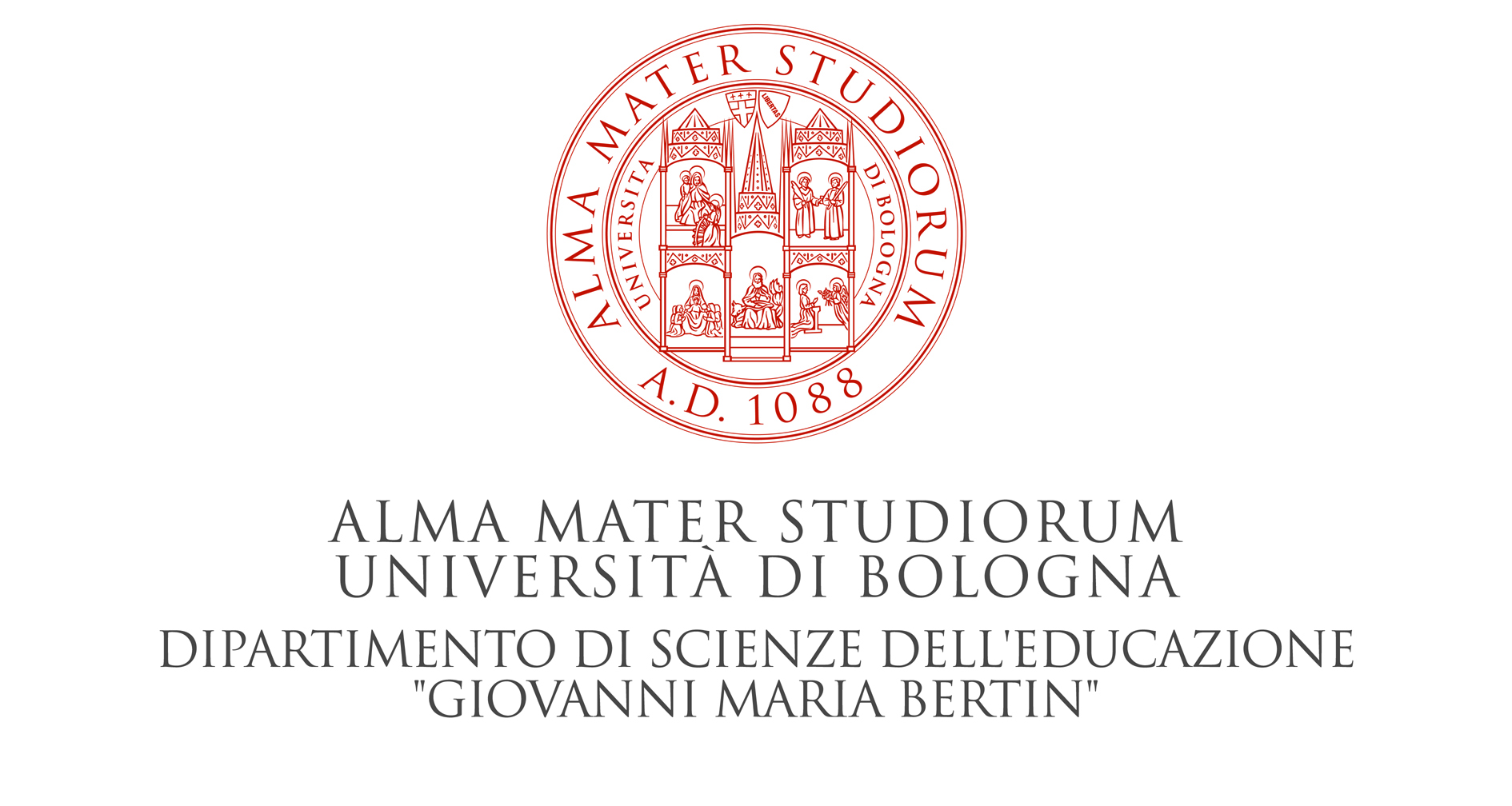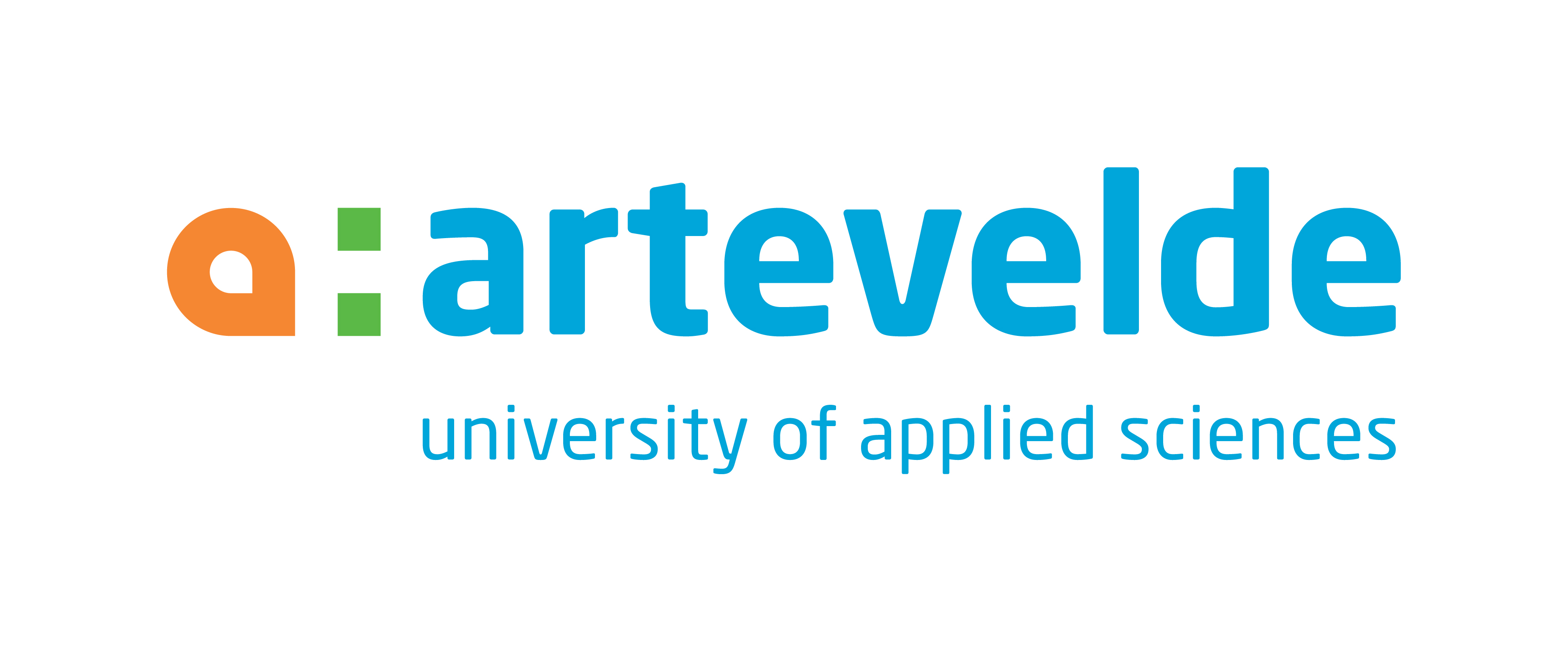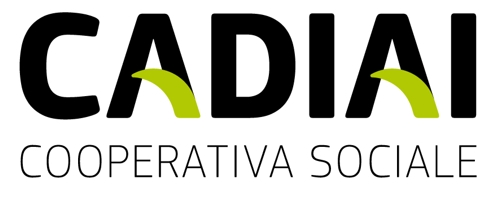Output 5 – Video-coaching to support inclusive practice in ECEC. Final recommendations from the TRACKs project. Cross country comparative report
The TRACKs project developed various products, each with a different purpose. This report summarizes them. In addition, we present recommendations that arose after an international analysis of the project results in each of the partner countries: Poland, Belgium and Italy.
We encourage you to read the reports on Output 5:
Output 4 – Report on processes, process evaluation and results of the professionalization trajectory in the ECEC institutions
The evaluation component (O4) of the TRACKS project is an integral part of the entire project’s design: it completes the key outputs of O1 to O3 and demonstrates sustainability, the degree of success and possible challenges for going forward, meaning as to whether the TRACKS toolbox can be propagated to further ECEC settings in the participating countries and beyond. The dimension of evaluation (O4) is what the focus has been placed on the TRACKS project’s implementation.
Below we present a report on the professionalization processes available in all project languages:
Output 3 – Final tool to disseminate and train the trainer programmes (phase 3)
The third, last phase of the project was finished in August 2020.
The objective of this Output were to disseminate a final tool of the project and to prepare and realize and train the trainer programmes.
All tasks were realized, however it should be noted that due the outbreak Covid-19 pandemic it was necessary to conduct some of the activities remotely, so in the form of online trainings and workshops. Nevertheless, a lot has been achieved.
We encourage you to read the final reports on Output 2:
We seek also to opportunity to continue these activities after finishing the project.
Output 2 - Development of tool in teacher training institutes (phase 2)
The Output 2 was finished in August 2019. The objective of this Output was:
Preparation of tools supporting ECEC teachers in their actions towards alleviating inequalities and increasing the equality of educational chances of children from different backgrounds and with varying needs.
Drawing on the analysis of the literature and the research completed under Output 1, we have devised a TRACKS framework, which has been developed for the Toolbox and has worked as a basis for analyzing a video recordings and video coaching. The coaching process occurred across all TRACKS project’s countries and participating ECECs. The framework and Toolbox Elements were elaborated on and modified once the feedback and comments from the beneficiaries were collected and analyzed. The final versions were incorporated to the the deliverable of Output 2: Toolbox. Outlines for using video analysis and video coaching as a tool for professionalizing ECEC workforce and training future ECEC professionals, which we present in the tab Publications.
We encourage you to read the final reports on Output 2:
Output 1 - Development of tool in/for ECEC institutions
The Output 1 was finished in November 2018. Specifically, we have carried out a number of sub-tasks:
-
We prepared the Background Report TRACKS Working Paper 1 (Comparing ECEC across Italy, Poland and Belgium) to ascertain that we account for country-differences. The report is available online (see http://www.tracks.socjologia.uj.edu.pl/publikacje) in English, Polish, Italian and Dutch versions.
-
We created the internal Research Manual for entering the chosen ECECs. Each Country team customized the Manual so that it suits their selection of primary and secondary inequality focal points. It contains information on research procedures, ethics, as well as interview guides for interviewing ECEC management, teachers and staff, as well as parents and the file with the consent forms to follow the legal and ethical rules.
-
Review of the literature of the existing educational research using video analysis and video coaching has been carried out. The review of the international / European / Italian / Belgian / Polish literature on video analysis has been focused on responding the following main research questions: how can video analysis be used as a tool to help practitioners to construct inclusive practices in Early Childhood Education and Care (ECEC) services? We decided also to prepare the collected material as an article to publish in scientific journal.
-
All partners recruited ECEC institutions that wished to partake in the project, that is first participated in the research component, and then was involved with the video coaching as practitioners. For Italy that are two pre-schools in Bologna city managed by Cadiai Cooperativa Soziale, chosen because the share of children with migration background. Belgian team in cooperation with Pedagogical Guidance of Ghent city selected two primary schools also with a high number of children with migration background. Polish team selected two kindergartens in big cities (Warsaw and Cracow), one public, one private, both accessible for children with disabilities and four non-profit institutions in the South-East part of Poland (as the rural region and to make the dimension of social inequalities evident) cooperating with Komensky Institute. This kindergartens are also accessible for children with disabilities.
-
We prepared The Concept Note guiding the process of video coaching. The Concept Note is available in English, Polish, Italian and Dutch version at http://www.tracks.socjologia.uj.edu.pl/publikacje.
-
The data collection process proceeded at different – locally decided – pace in each Partner Country. The teams conducted:
- individual in-depth interviews and group interviews (with heads of kindergartens, teachers and parents, educators, pre-school directors, childcare workers, and representatives of pedagogical guidance);
- observations and video recordings;
- meetings with practitioners in involved ECEC institutions to discuss the chosen video fragments and collect feedback for research.
The material from observations and video recordings was used by individual video coaching, training sessions and by preparation of Toolbox for using the video coaching method (phase O2).
We encourage you to read the final reports on Output 1:





